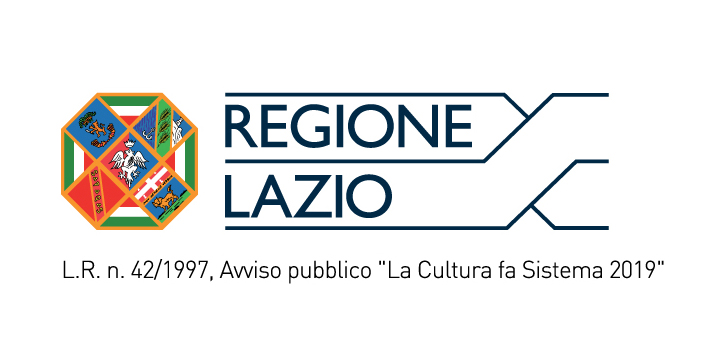When it comes to legal and business matters, agreements and contracts play a vital role in ensuring that all parties involved are on the same page. Whether it’s a confidential disclosure agreement template or a sample physician assistant practice agreement, understanding the intricacies of these documents is crucial for a successful partnership.
One common question that arises is the difference between consensus and agreement. While these terms are often used interchangeably, there are key distinctions to be aware of. Consensus refers to a general agreement or acceptance among a group, whereas an agreement is a specific understanding or arrangement between two or more parties.
With the rise of digital communication, knowing how to write an email to confirm a verbal or on-phone agreement has become essential. This ensures that both parties have a written record of the agreement, reducing the likelihood of misunderstandings or disputes in the future.
In some cases, agreements involve more than two parties. A three party payment agreement outlines the responsibilities and obligations of each party involved in a financial transaction. Such agreements are commonly used in business collaborations or joint ventures.
Agreements can also have significant implications for indigenous communities. The Teslin Tlingit Self-Government Agreement is an example of an agreement that grants self-governance rights to the Teslin Tlingit Council, enabling them to control their own affairs and preserve their cultural heritage.
Contracts can cover a wide range of services and industries. For instance, a payroll processing services agreement outlines the terms and conditions of hiring a third-party service provider to handle payroll-related tasks, relieving businesses of this administrative burden.
Some agreements may require additional legal protection, such as a CNDA agreement. A CNDA, or Confidential Non-Disclosure Agreement, is often used to safeguard sensitive information and trade secrets between parties.
When it comes to contract law, two important concepts to consider are intention and consideration. In intention and consideration in contract law, the intention refers to the willingness of parties to create a legal relationship, while consideration refers to something of value exchanged between parties as part of the agreement.
Lastly, certain agreements may involve fees for services rendered. An insurance service fee agreement outlines the terms of payment and compensation between an insurance provider and a client.


